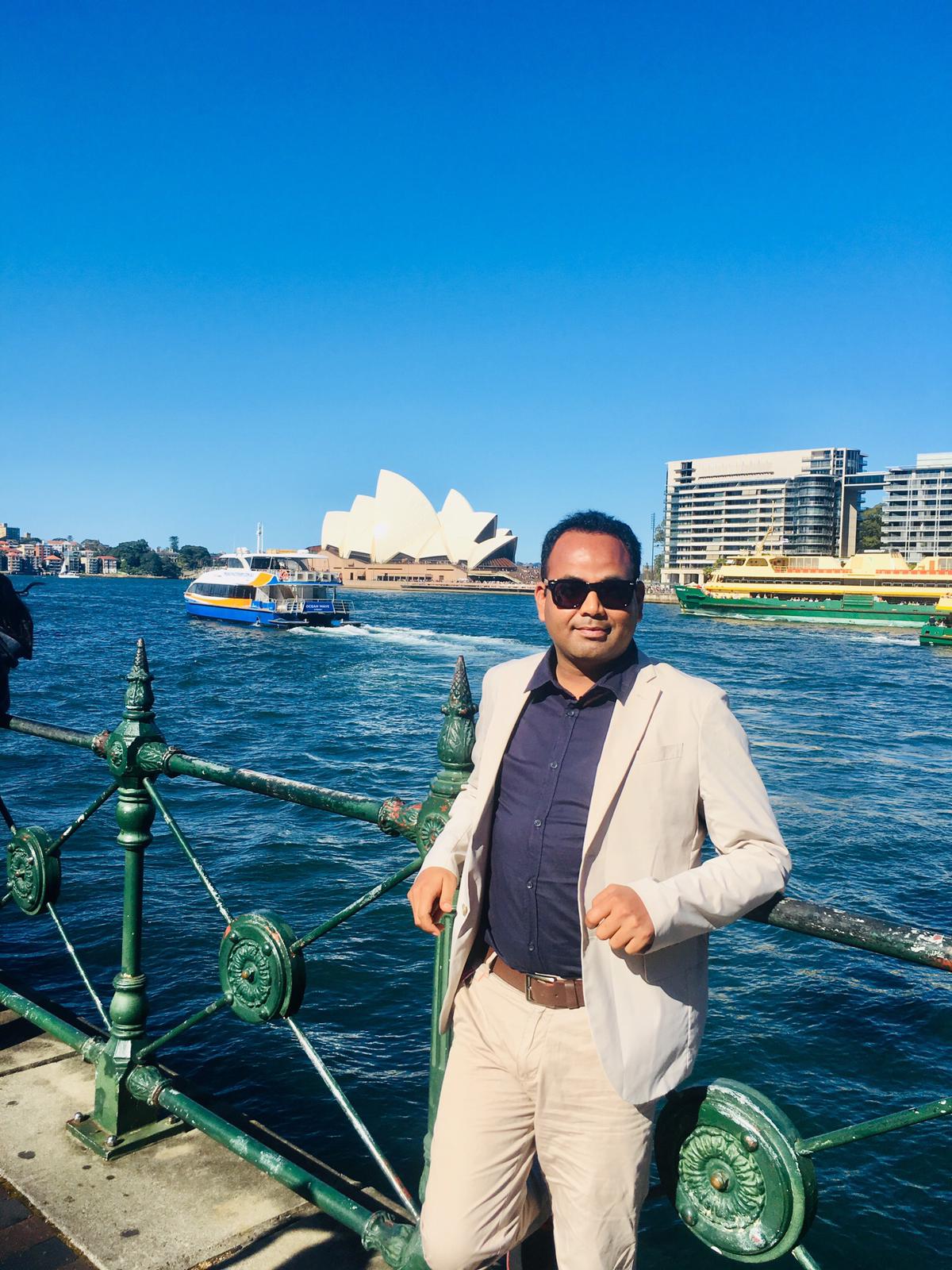Introduction
Australia is well known among students who want to have a career in pharmacy. The Master of Pharmacy (M. Pharm) program provides international students with a chance to register as pharmacists and work as licensed pharmacists in Australia. Numerous students get confused between the M. Pharmacy and the Master of Pharmaceutical Sciences programs, but only the M. Pharmacy allows for registration as a pharmacist.
This blog will cover everything you need to know about studying M. Pharmacy in Australia, from eligibility criteria and registration processes to career prospects and PR opportunities.
Why Choose an M. Pharmacy in Australia?
- Direct pathway to pharmacist registration in Australia.
- High demand for pharmacists in the healthcare sector.
- More job chances and pay options than other healthcare programs.
- Can apply for PR after finishing the registration process.
Eligibility and Admission Requirements
To apply for M. Pharmacy in Australia, students must:
- Hold a B. Pharm or PharmD degree.
- Meet English proficiency requirements:
- IELTS: Minimum 6.5 (for admission), 7.0 (for registration).
- Equivalent scores in PTE or OET are also accepted.
- Pass a graduate-level entry exam (varies by university).
- Meet financial requirements (₹40-50 lakhs for tuition fees).
Intake Periods
- Most universities offer one intake per year.
- Some institutions provide two intakes—check specific university guidelines.
Course Duration and Fees
- Duration: 2 years
- Tuition Fees: ₹40–50 lakhs (varies by university)
- Additional Expenses: Living costs, health insurance, and registration exam fees
Top Accredited Universities offering MPharm in Australia
University Name | Campus Location | Duration | Program Name |
| Charles Darwin University | Darwin, NT | 2 years | Master of Pharmacy |
| Griffith University | Gold Coast, QLD | 2 years | Master of Pharmacy |
| The University of Sydney | Camperdown, NSW | 2 years | Master of Pharmacy |
| The University of Western Australia | Crawley, WA | 2 years | Master of Pharmacy |
| University of Canberra | Canberra, ACT | 2 years | Master of Pharmacy |
| University of Technology Sydney | Ultimo, NSW | 2 years | Master of Pharmacy |
Affordable Alternative
If cost is a concern, students can take cheaper courses like the Master of Public Health or Health Management while simultaneously preparing for the OPRA exam. This approach can reduce tuition expenses while still leading to pharmacist registration.
Pharmacist Registration Process in Australia
- Complete M. Pharmacy from an accredited university.
- Pass the pharmacist registration exam.
- Apply for registration with the Pharmacy Board of Australia.
- Complete an internship (can be started while studying or part-time).
- Receive full registration as a pharmacist.
Once registered, pharmacists can work in hospitals, community pharmacies, research institutions, and pharmaceutical companies across Australia.
Job Opportunities and PR Pathway
Career Prospects
After completing the registration process, M. Pharmacy graduates can work as:
- Clinical Pharmacists
- Community Pharmacists
- Hospital Pharmacists
- Regulatory Affairs Specialists
Permanent Residency (PR) Pathway
- Pharmacists are in high demand in Australia.
- After gaining work experience, registered pharmacists can apply for PR under Australia’s Skilled Migration Program.
- Pharmacists are listed in Australia’s Skilled Occupation List (SOL), making PR applications smoother.
Alternative Route: OPRA Exam
Students can take a less expensive course, like a Master of Public Health, and then take the OPRA exam to get registered. This option can save money compared to going straight for an M. Pharmacy degree.
If you aim to work as a registered pharmacist, a Master of Pharmacy is the right choice. Those interested in research, drug development, or teaching can opt for a Master of Pharmaceutical Sciences instead.
Conclusion
An M. Pharmacy in Australia is a great choice for students seeking a rewarding pharmacy career with a clear PR pathway. The program leads to pharmacist registration, which opens doors to high-paying jobs in the Australian healthcare sector.
If you’re considering studying M. Pharmacy in Australia, book a FREE one-on-one consultation with our experts at Academically for personalised guidance today!





